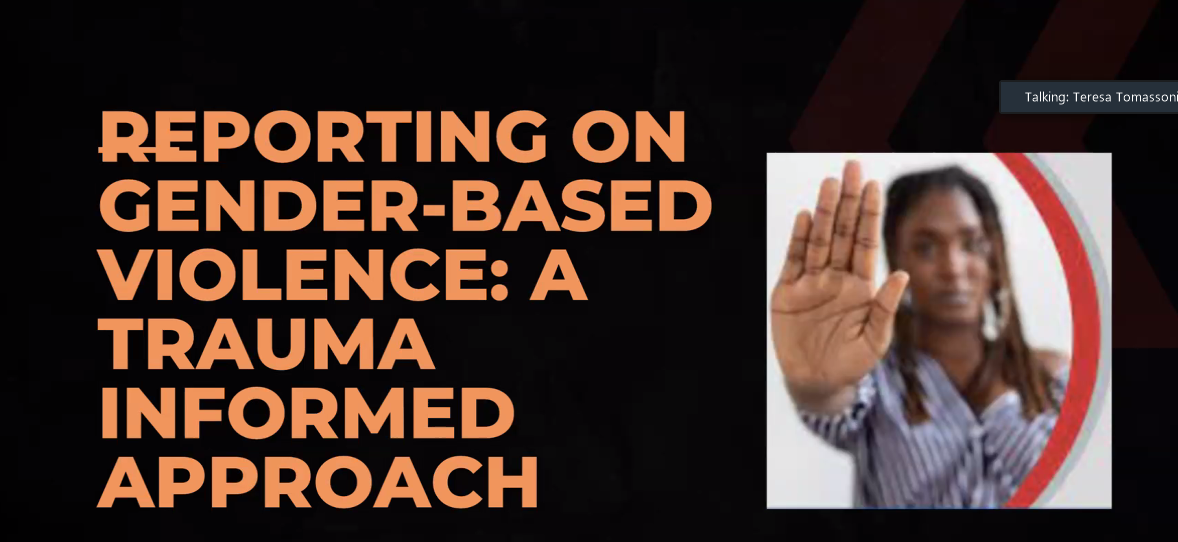The prevalence of gender-based violence has been reported to increase globally and Kenya is not an exception to the geographics facing the menace. GBV happens in various channels which spread at work, school, and even homes. However, over time GBV has been witnessed to spread in sectors such as the health, legal sectors, and Online. Therefore this calls for journalists to take control of the reportage of this situation and accurately inform the public about it for possible solutions and policies to be implemented to curb GBV.
According to the most current UN Women’s Global Database on Violence, Kenya ranks, 57 globally for gender inequality. According to statistics on the prevalence of various types of violence against women over the past 12 months, female genital mutilation or cutting occurred 21% more frequently than female genital mutilation or cutting over the past 12 months, at 21%, compared to lifetime rates of 40.7% for physical and/or sexual intimate partner violence.
In light of this, on June 7, 2023, IAWRT organized a virtual training on the same for its fifth cohort of mentees and mentors. The discussion was sponsored by the US Department of State, and the session was steered by Teresa Tomassoni, a United States-based journalist and an international human rights expert.
In the meeting, the question of how journalists can report on issues that go beyond themselves, and where they could hold perpetrators accountable for this menace was of key highlights. The keen focus was also drawn to the need to know where the public could be made aware and be able to speak out against GBV on themselves and others.
The human rights expert gave her advice on how important it is for journalists to understand their duties, such as being bearers of the truth and accountability amongst other duties. She also encouraged the mentees to comprehend the trauma-informed approach; to understand the importance of reporting on gender-based violence. Also, she gave tips on how to go beyond the victim’s perspective.
Since gender equality cannot be attained without gender parity in media and communication, IAWRT works to address the urgent global issues that women in and around the media face. IAWRT is dedicated to enhancing women’s roles and participation in media, reporting is essential to attain this goal.
In this blog series, we will look at how the trauma approach to reporting can help journalists cover GBV effectively.
Neema Mujesia is a media expert and ardent supporter of universal human rights.

